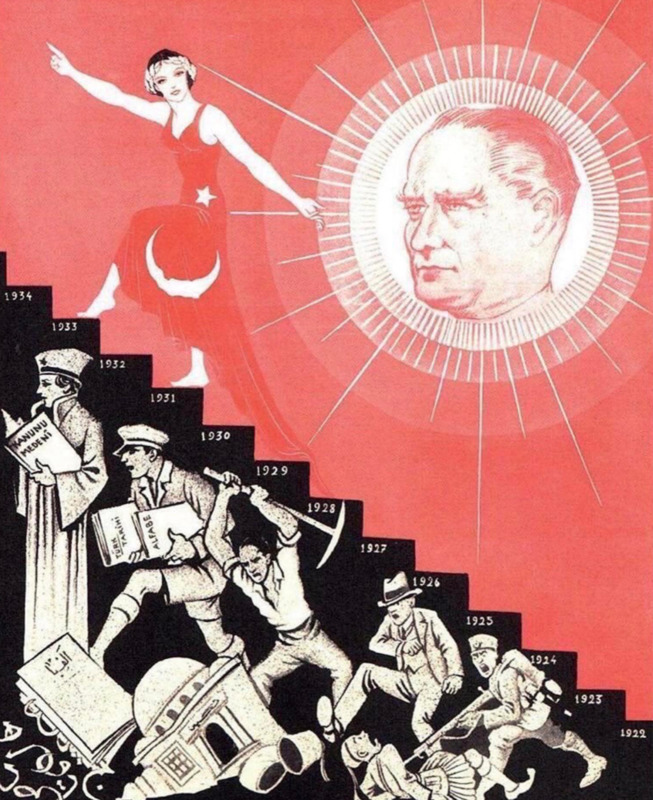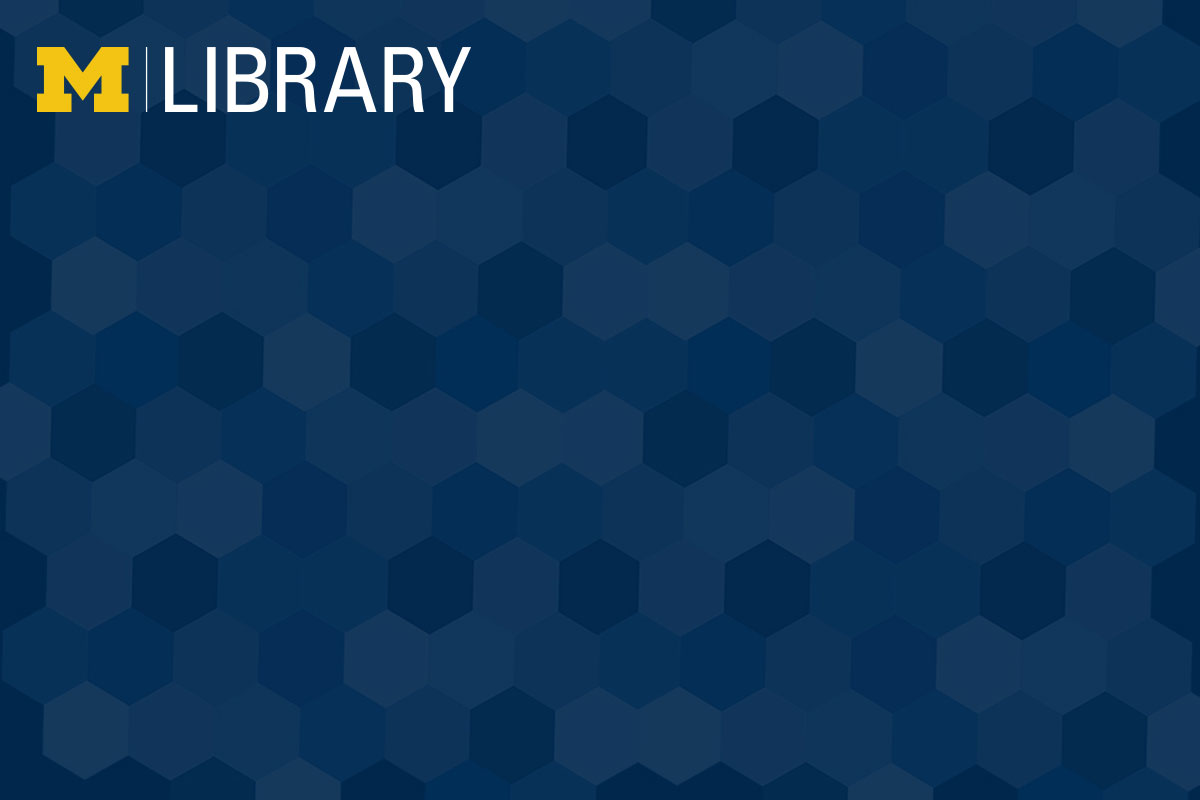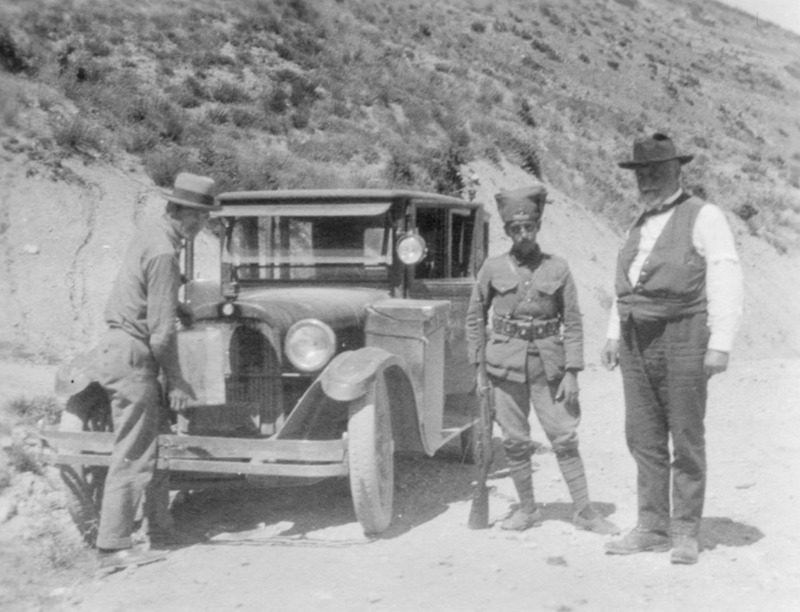The Legacies of the Greco-Turkish War
“This is the end of their second siege of Troy.”
-Ernest Hemingway
It is important to acknowledge a potential pro-Greece bias in Western scholarship on the Greco-Turkish War. Western powers such as the British aided the Greek invasion of Turkey, and this might help explain the imbalance in Western academic study. Modern Greece is also seen as a continuation of Ancient Greece, a society that has gained great prestige in the eyes of Europeans. This quote from Ernest Hemingway embodies this as it refers to the Trojan War, a legendary war covered in the epics of Homer. Thus, this exhibit has tried to incorporate a variety of resources and scholars in order to present a balanced view of both Greece and Turkey.
The war also has implications for modern Greco-Turkish relations. In 2022, the Russian invasion of Ukraine prompted NATO to conduct a number of military exercises to prepare for further Russian attacks. Increased militarization by both Greece and Turkey as a result of these preparations has heightened tensions between the two nations. Another historical point of tension between the two countries is the Cyprus Question. The Cypriot Greeks have long sought unification with Greece, and expelled the Cypriot Turks from Cyprus’s newly independent government in 1963. Turkish troops occupied the region in 1974. While Cyprus has remained an independent nation since 1960, it has been a source of tension between Greece and Turkey over the years because of its value to both countries.
The Greco-Turkish War weighed on the minds of Americans even as it was taking place. Ann Arbor was one of the American cities that the Greek government chose to host its exhibit on Greek Classical art and architecture, demonstrating that even a small American city like Ann Arbor had political value to the Greeks. Additionally, Ann Arbor's newspaper, the Ann Arbor Daily, covered the conflict from the Treaty of Sèvres to the Treaty of Lausanne. The newspaper and contemporary American audiences were biased towards the Greek perspective, downplaying or outright ignoring the actions of the Turks. For example, Francis Kelsey, a professor and founder of the archaeology museum at the University of Michigan, was featured in the newspaper. Kelsey claimed that Atatürk was an intelligent and capable leader, but that Atatürk was an anomaly in Turkey, and this is why the Turks were successful against the Greeks.
From left to right are Frederick James Woodbridge (a colleague of Kelsey), a Turkish guard, and Francis Kelsey. Kelsey and Woodbridge are both dressed in western business attire, though Kelsey has no blazer and is only wearing a vest. The Turkish Guard is in military attire, with a rifle held in his right hand, with the butt resting on the ground. Between Woodbridge and the guard is a black sedan with four doors and an enclosed cabin. In the background is a steep hill spotted with small vegetation.
Kelsey was in Turkey during the time of the Greco-Turkish War on an archaeological expedition. He brought back and shared information about the war to an American audience. Furthermore, Kelsey even copied Kemal’s first proclamations from the mutinying Turkish Army in 1919.
The quote “The Truest Guide in Life is Science” is displayed in the Shapiro Library at the University of Michigan, Ann Arbor, and is attributed to Mustafa Kemal Atatürk. The quote is on a polished and reflective light gray stone backdrop, the indented lettering is a darker shade of gray. Underneath the quote in the same font at a smaller font size is M. Kemal Atatürk.
The Greco-Turkish War and the forced population exchange enacted by the Treaty of Lausanne are largely unfamiliar to American audiences. Nonetheless, it had a massive impact on millions of people throughout Greece and Turkey. Greece’s political instability, the difficulty coping with the influx of refugees, and the experiences of the refugees redefined the country’s position in the Eastern Mediterranean. Meanwhile, Turkey struggled to avoid domination by European powers, forging a national identity focused on becoming a geo-political equal with the West. Both the Greco-Turkish War and the Treaty of Lausanne highlight how important national identity was in the 20th century, and how drawing new borders could turn native inhabitants into strangers.

“Citizen, Speak Turkish!”: The Turkish National Identity and the Legacy of Mustafa Kemal

About the Exhibit


